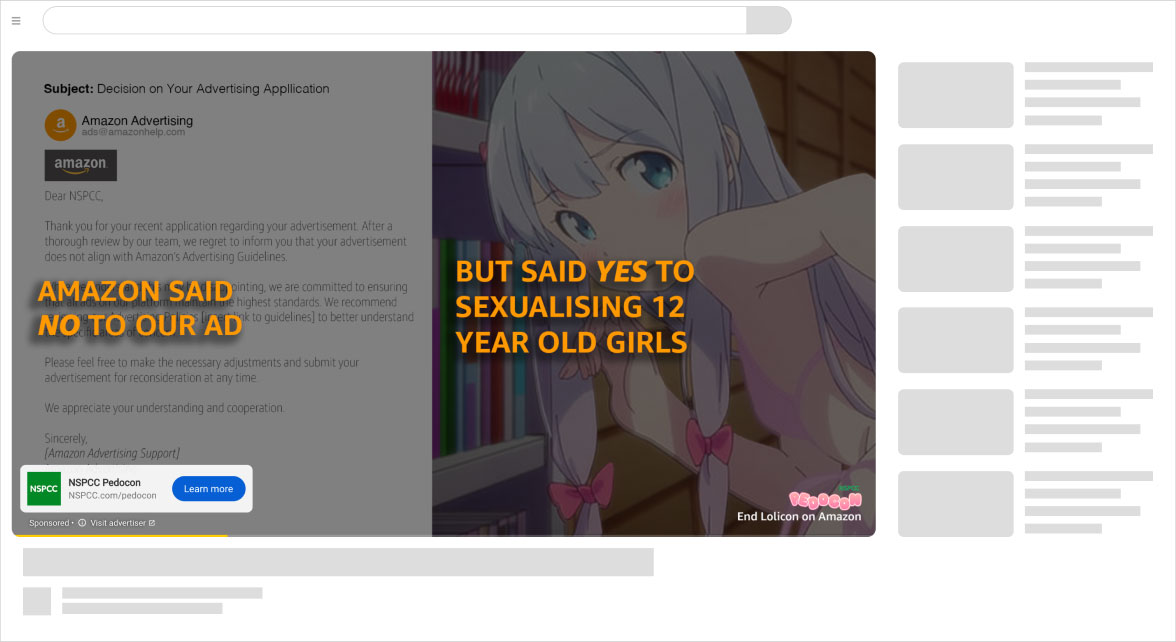
Understanding When Fiction Isn’t Fictional

Rate of child sexual abuse material being shared online is sharply rising in the UK.

Child sexual abuse material is readily available for free on Amazon Prime Video in the form of Lolicon, a genre of anime that focuses on young girls in a sexually suggestive or erotic manner.

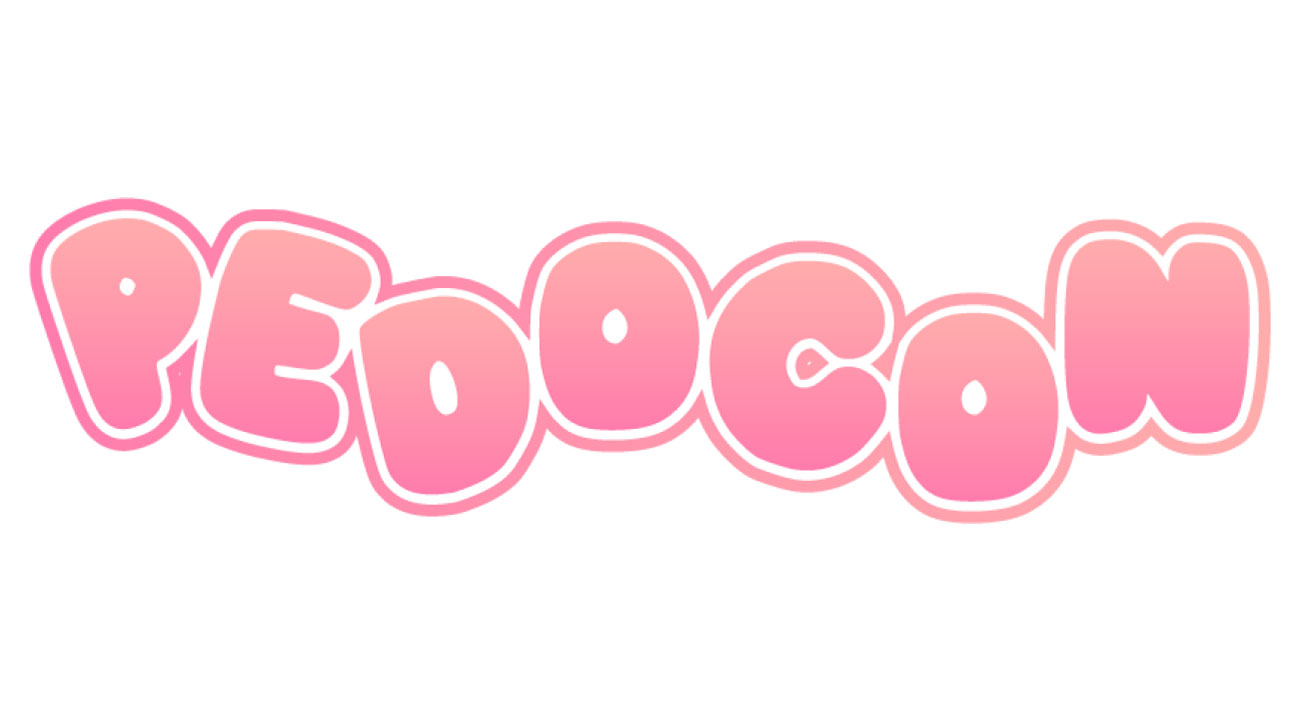
Pedocon on Prime
Expose child sexual abuse parading as anime on Prime Video as part of an NSPCC online awareness campaign to denormalise this type of material. We’ll target the three channels that Prime Video use to advertise: OOH, TV films, and their platform itself.

STEP 1: Inform the public with shocking OOH in the style of Amazon advertising.
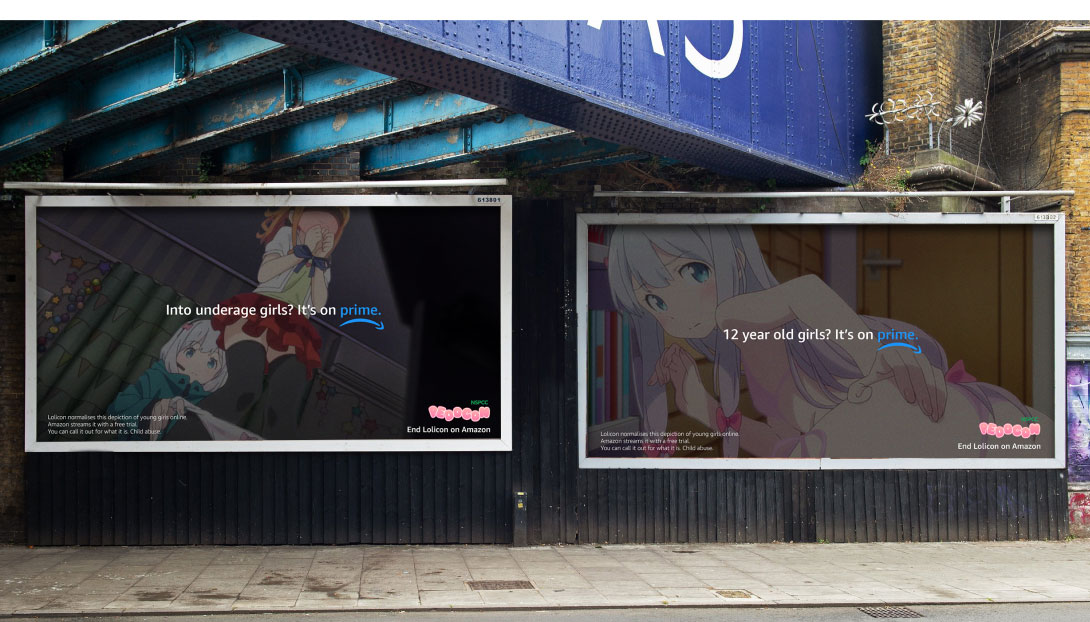
These reference the Amazon Prime campaign currently airing, ‘It’s on Prime’, by targeting an aspect of their platform they’re not publicising.
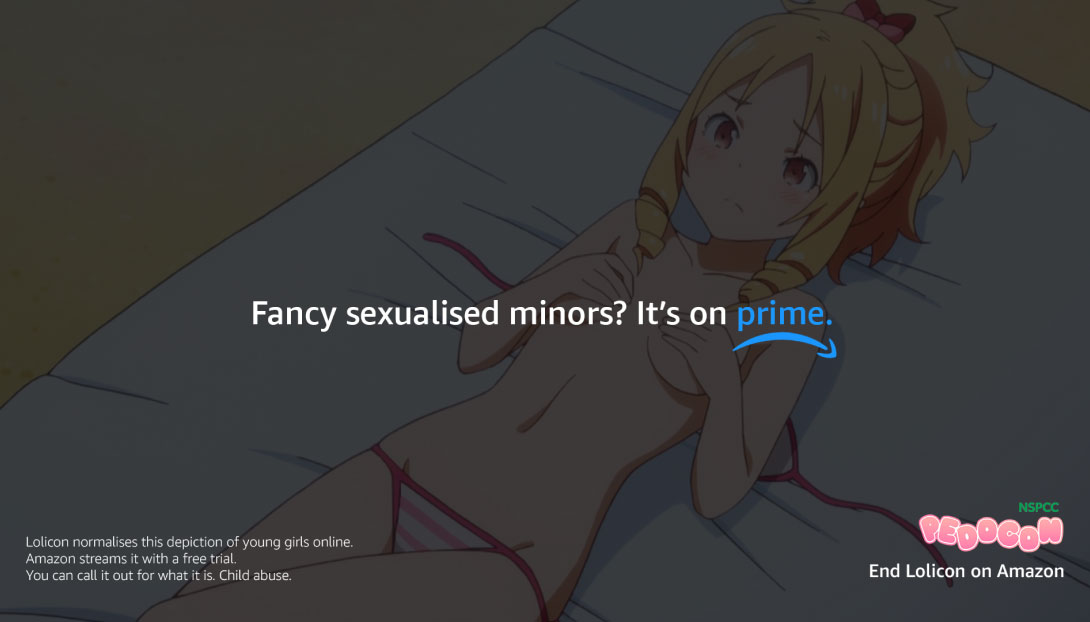
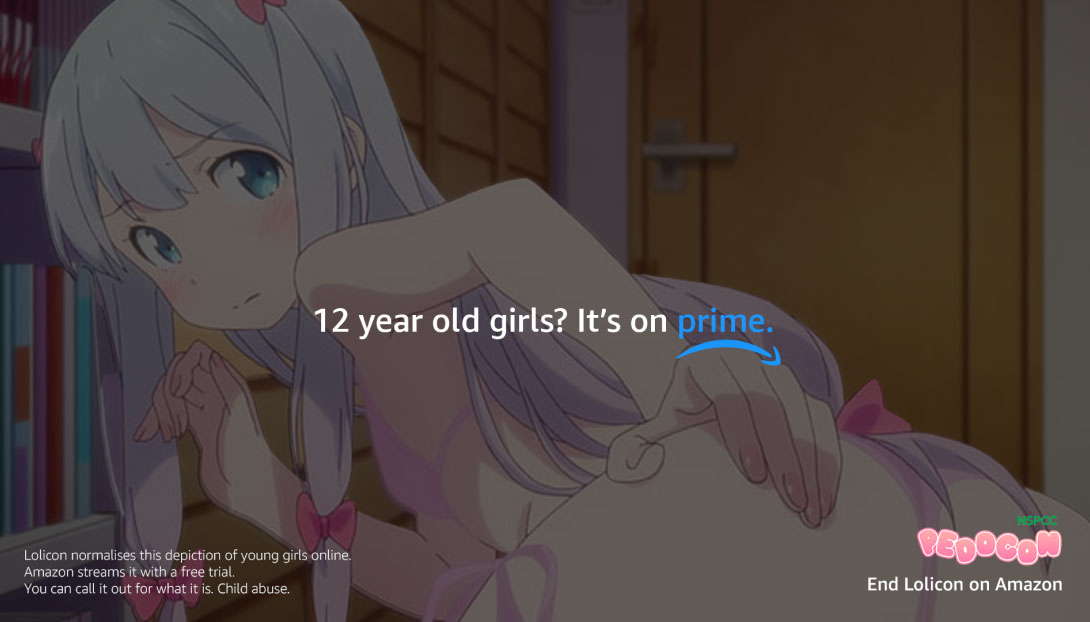
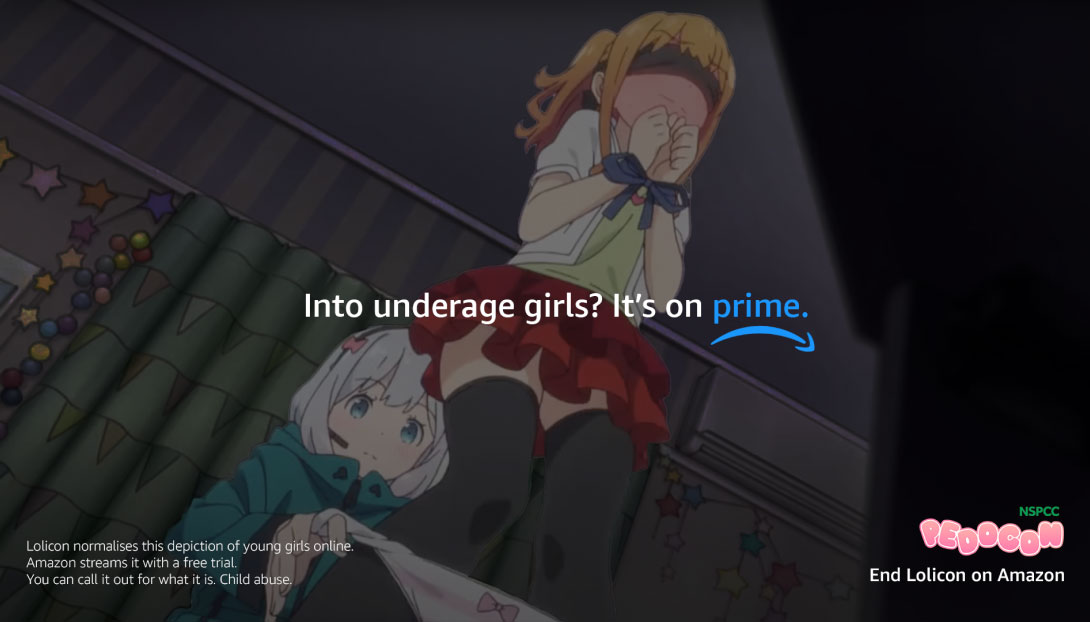
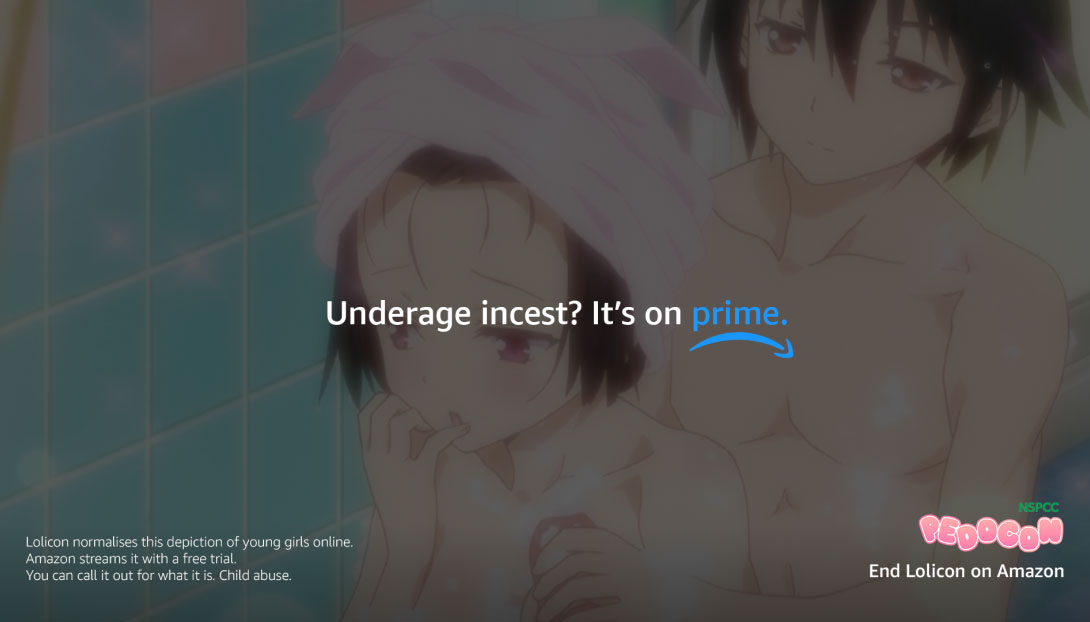
The real victims of this genre are hidden, not just by the animation medium itself, but also by an art-style that intentionally keeps the age of the characters vague. So, we’ll expose this too.
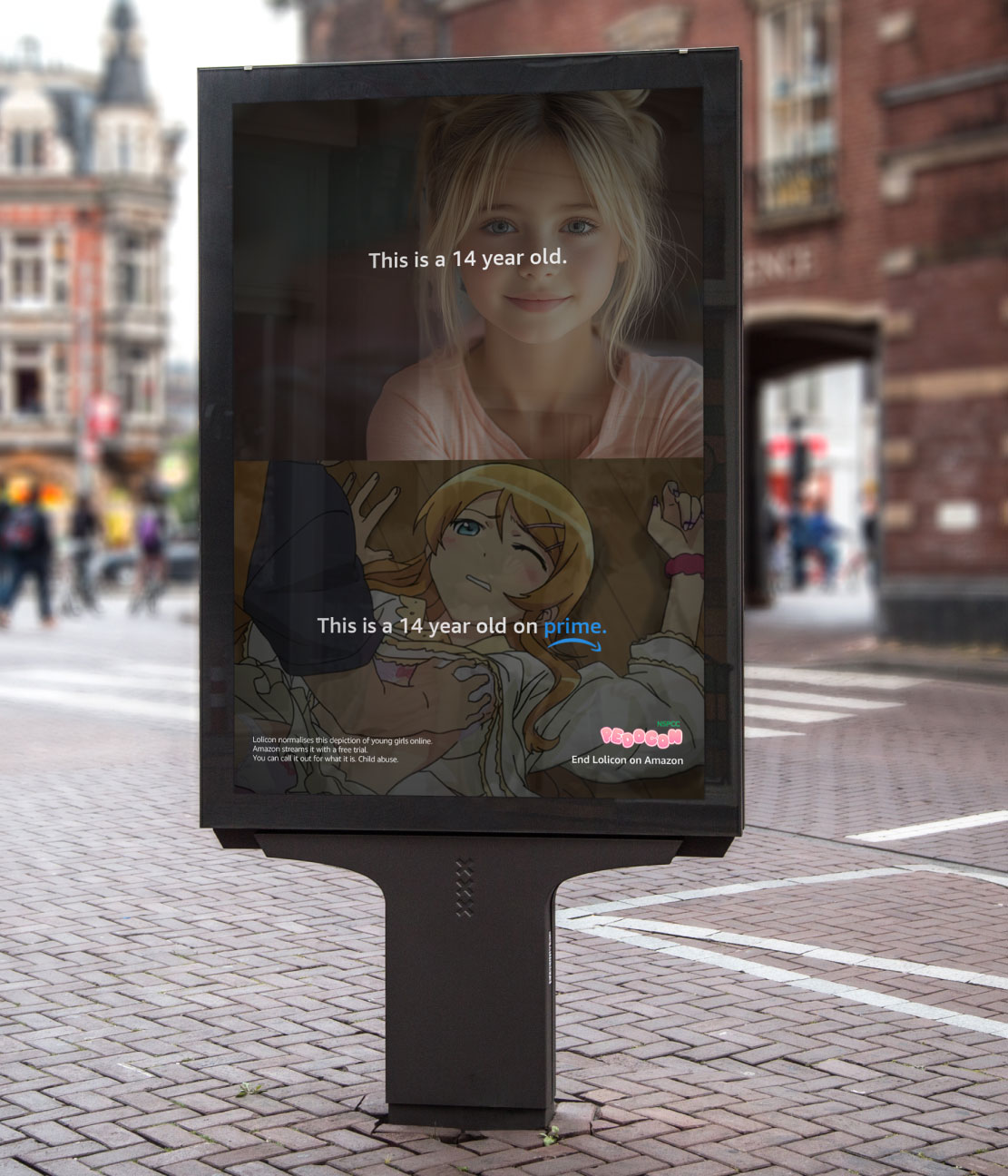
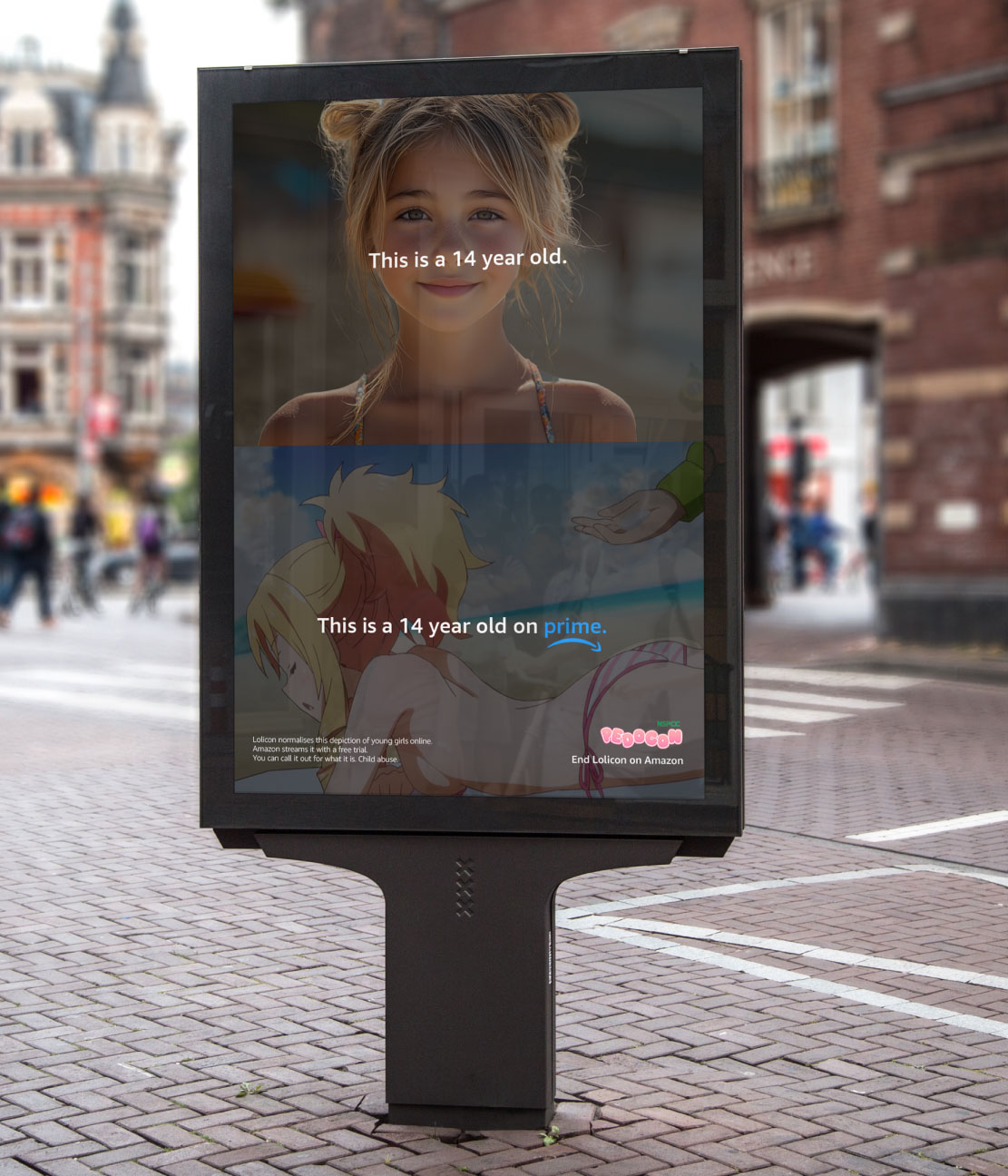
STEP 2: Inform the public with a shocking TV film.
We’ll get actors who have been told they’re auditioning for a major streaming platform show to read some of the most uncomfortable real lines from a Lolicon show streaming on Prime Video.
We open on a guy in his mid-20s.
He sits down, is given a script, and begins reading to camera:
We cut to another, older man also auditioning for a role. He reads, pauses, then says: “Do you like my body even though I’m small?”.
Type appears: “It’s feels wrong when they say it. But it’s even more wrong when she does."
A young girl walks in. She too is given a script, and begins reading to the camera:
We fade to black. Type appears: “This isn’t a real audition. Because they’re already real shows. All starring little girls...”
We then suddenly cut to the same lines as they’re said in the real shows. And how old the characters are who say them.
“...all streaming for free on Prime Video.”
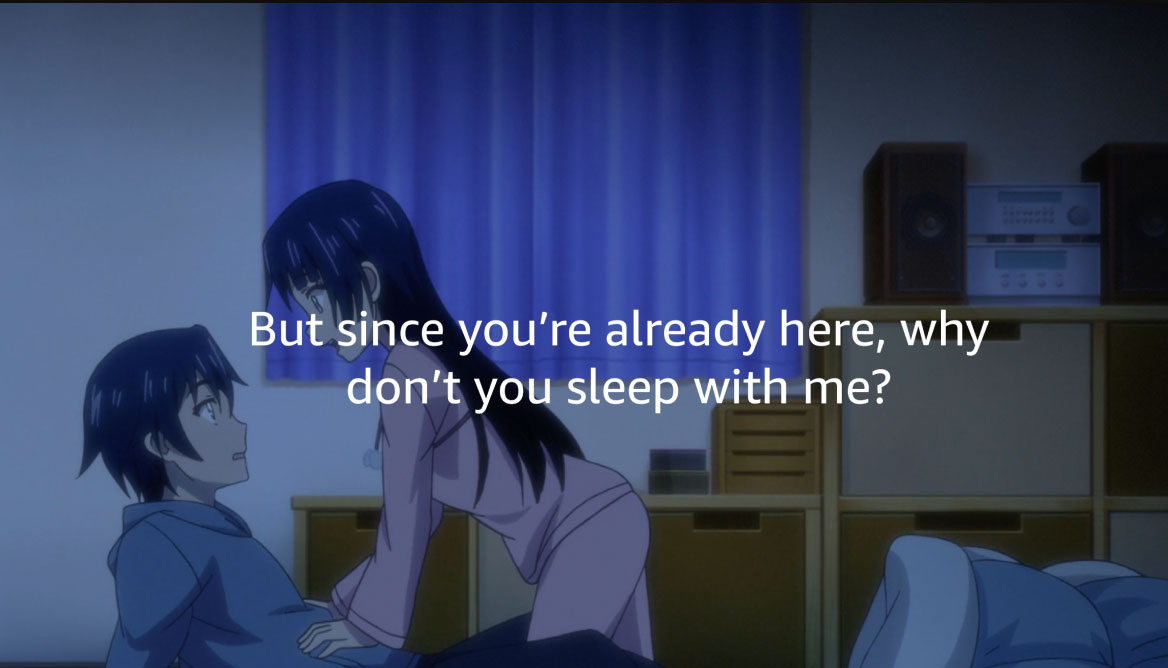
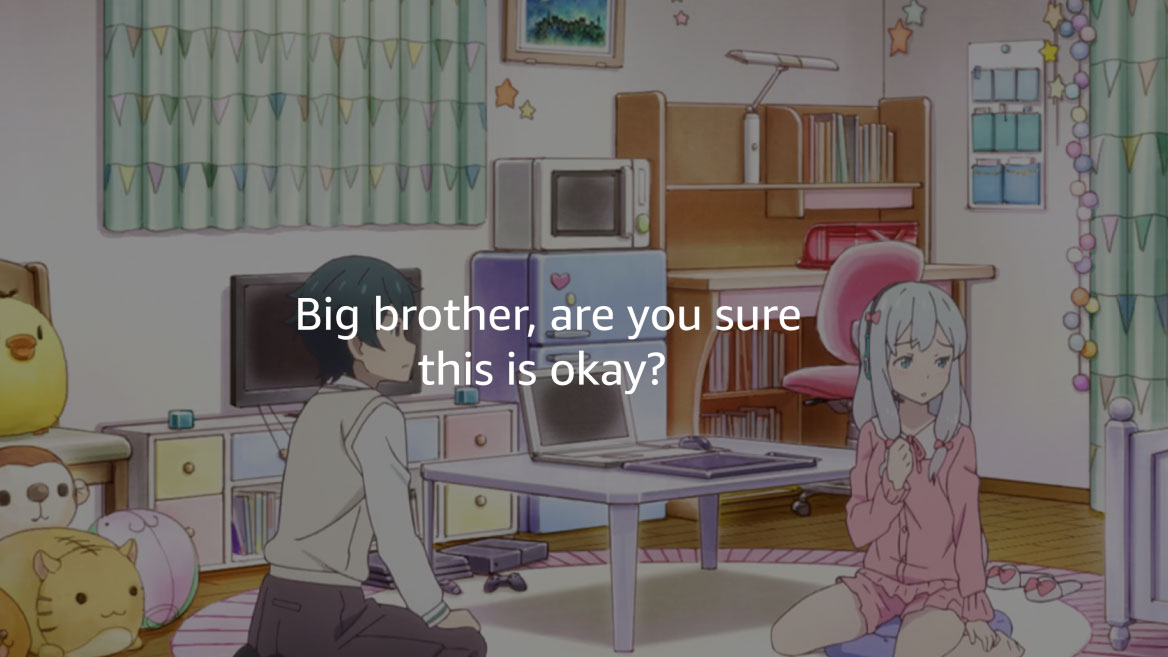
We end with the girl looking to camera.
End Lolicon on Amazon.
NSPCC.
STEP 3: Invade Prime Video's online space.
This film will also be submitted online. More specifically to the Amazon DSP (Demand-Side Platform) which advertisers use to display ads across Prime Video. Inevitably, it’ll get rejected.
But in this rejection, the campaign gains its smoking gun. Amazon is not only allowing child sexual abuse content on it’s platform - it’s banning campaigns that speak out against it.
We’ll then run online ads on Prime Video-adjacent platforms like YouTube that further expose Amazon’s complicity in child sexual abuse material being shared online.
